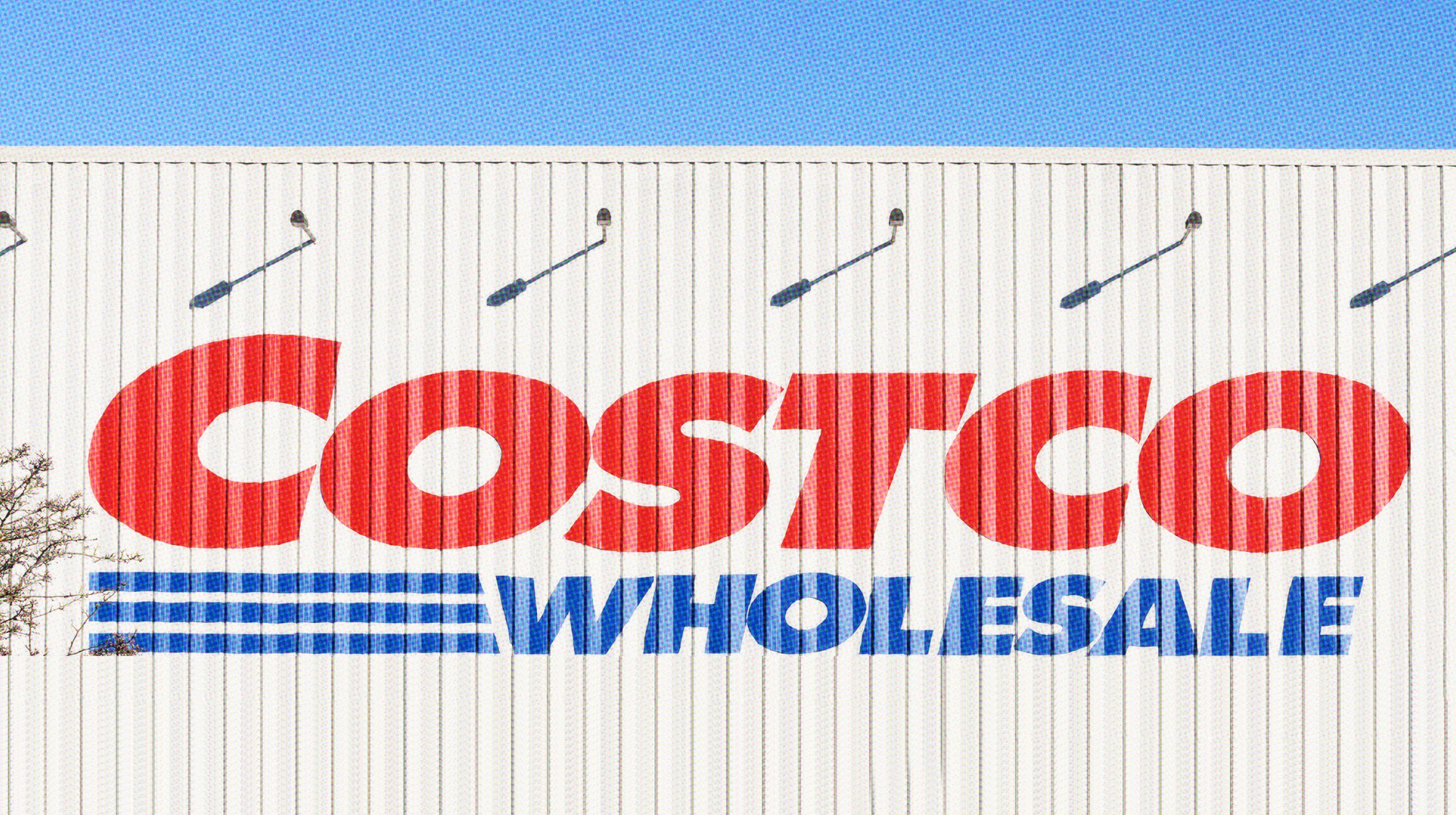A new franchising model offers business opportunities to those who need them most

Freethink
- A social enterprise in California makes their franchises affordable with low interest loans and guaranteed salaries.
- The loans are backed by charitable foundations.
- If scaled up, the model could support tens of thousands of entrepreneurs who are currently financially incapable of entering franchise agreements.
Social responsibility is becoming a major focus of many businesses. While turning a profit is always the ultimate goal — nobody can eat good intentions, after all — having a positive impact on society is becoming an equally important goal.
A restaurant chain in California, already focused on providing healthy food at a competitive cost, is testing a new way to create more entrepreneurs. Specifically, it is working with charitable foundations to provide business opportunities to those who normally would not have access.
Franchising explained
When a company wants to expand without paying all of the upfront costs itself or taking on the entire risk of operating in a new market, it can enter into a franchise agreement with an entrepreneur. In exchange for a share of the profits (as well as some fees and adherence to certain quality standards), the entrepreneur — now a franchisee — can open their own branch of a larger brand. The entrepreneur enjoys the benefits of owning a business, while the brand owner can cash in on intellectual property.
Everybody wins.
This model is wildly successful. There is a reason you can find fast food joints like McDonald’s everywhere from Times Square to Prague (next to the Museum of Communism, no less). According to theInternational Franchise Association, there were more than 733,000 franchised business establishments in the United States in 2018, accounting for nearly 3 percent of GDP.
The franchise model — in which a local agent keeps some earnings while handing over a portion to a central authority — isn’t new. Indeed, variations have been around since the Middle Ages, though it only took off after WWII. Franchising is now a recognized system in many countries and is used in all manner of industries, including restaurants, pet supply stores, automotive repair shops, hotels, and even senior care.
The Catch-22: you have to spend money to make money
The biggest problem with franchising is the high cost of becoming a franchisee.
While the costs vary, opening a restaurant as a franchisee can easily cost $500,000. A franchise car repair shop can require $250,000, and opening a hotel under a franchise’s banner can set a person backmillions. In some cases, the franchiser also will set a minimum net worth requirement or insist that the money that pays their fees not be borrowed. Even if a person can find a way around that, most new businesses do not turn a profit for quite some time after opening. These limitations essentially rule out all but the wealthy from becoming a franchisee.
As a result, there are some social enterprises that are looking to make franchising more accessible to the less affluent.
Enter Everytable
As a business that hopes to rapidly expand, they looked to franchising. However, the idea of seeking out a bunch of rich people to support a business like theirs struck CEO Sam Polk as out of step with its vision. So, the company came up with a better idea.
Their Social Equity Franchise Program helps tenured Everytable employees open their own franchise locations through free training and assistance in securing low interest loans to finance the store. To help the entrepreneurs survive the difficult early years, participants in the program are assured an income of $40,000 in their first three years of operations. Repayments on the loans do not begin until after the business is turning a profit.
The capital for all these low interest loans comes from a number of foundations such as the California Wellness Foundation (Cal Wellness). Foundations like these are required to give away a small portion of their endowments every year on causes aligned with their missions. However, most of the rest of it is simply invested in the stock market to assure the endowment continues to exist.
People like Cal Wellness CEO Judy Belk have begun to invest that money elsewhere, like in loans to provide the money needed to open an Everytable franchise. As she explained to FreeThink:
“Cal Wellness and many other foundations are saying, ‘I think we can do a little better with that [money]. Why not use that capital to invest in the communities that we’re supposed to serve?'”
In the end, Everytable gets a new restaurant that expands the brand, foundations get returns on their investment, and the franchisee gets an opportunity that they likely never would have had without the program.
Everybody wins.
Expanding the Everytable model
If even a small share of the $2 trillion foundations in the U.S. have are invested into this sort of social cause, tens of thousands of loans could be given to those less affluent people who are looking to start a business. While this model likely would lower returns to institutional investors like charities, they could enjoy more tangible results in the communities they exist to serve. According to a report published by theFederal Reserve Bank of Atlanta, local entrepreneurship increases income and employment and decreases poverty.
At the individual level, this would help a lot of people who otherwise never would be able to seriously consider going into business for themselves. By a number ofmeasures, business owners make more than wage workers and can also claim ownership of the assets that comprise the business. Beyond that, many small business owners enjoy the non-financial benefits of their position as well, including theindependence andautonomy that often come with business ownership.
When working optimally, good business is good for society.





